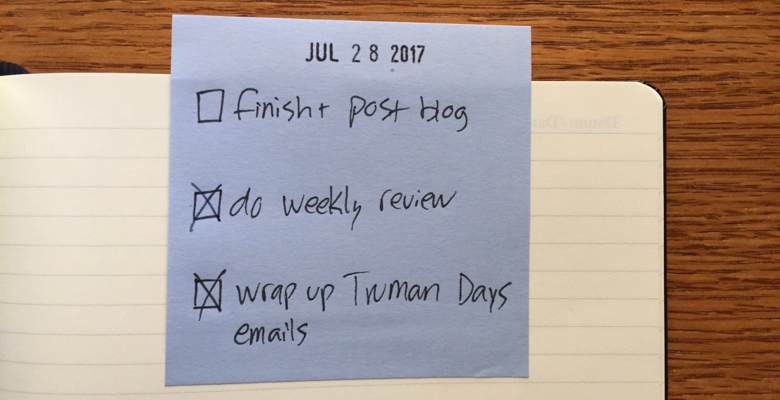6 Ways to Become More Resilient
Resilience—the ability to recover quickly from setbacks—is an enormously valuable skill.
It might seem more like a personality trait than a skill, but (lucky for us) resilience is something we can develop. And there’s no doubt it’s worth developing—both common sense and scientific literature (check out the work of Norman Garmezy and George Bonnano) tell us that if we can bounce back from problems fairly easily, we’re likely to lead more effective and enjoyable lives.
 One of the questions I hope to answer through this blog is, “What do highly productive people do differently?
One of the questions I hope to answer through this blog is, “What do highly productive people do differently?